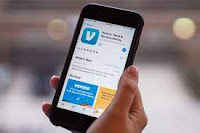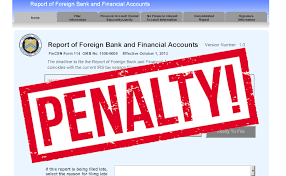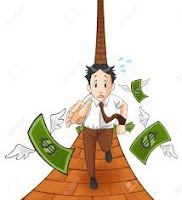
Beginning January 1, 2022, all third-party payment processors in the United States are required to report payments received for goods and services of more than $600 a year.
This means if you’ve sold goods or conducted a business service and collected payment through Venmo, PayPal, Cash App, Square, Stripe, Etsy, or eBay, you will receive a 1099-K Payment Card and Third-Party Network Transactions Form, and that income will be reported to the Internal Revenue Service.
The change was made to capture income made by gig workers and entrepreneurs with a side hustle. In the past, companies were only required to send an IRS Form 1099-K for gross payments exceeding $20,000 and more than 200 transactions within a calendar year.
If you’re sending or receiving money through one of these apps, you need to be proactive in making sure you aren’t mistakenly sent a 1099-K.
The House’s Build Back Better Proposal would have separately required third-party payment networks to apply backup tax withholding to such payments. However, the Build Back Better Proposal did not pass in 2021.
But the IRS is aware of this leakage or revenue from third-party payment networks, such as PayPal and Venmo and will continue enforcement efforts to ensure the taxpayers properly report income from these third-party payment networks.
Have an IRS Tax Problem?
Contact the Tax Lawyers at
Marini & Associates, P.A.
www.TaxAid.com or www.OVDPLaw.com
or Toll Free at 888 8TAXAID (888-882-9243)
Read more at: Tax Times blog











